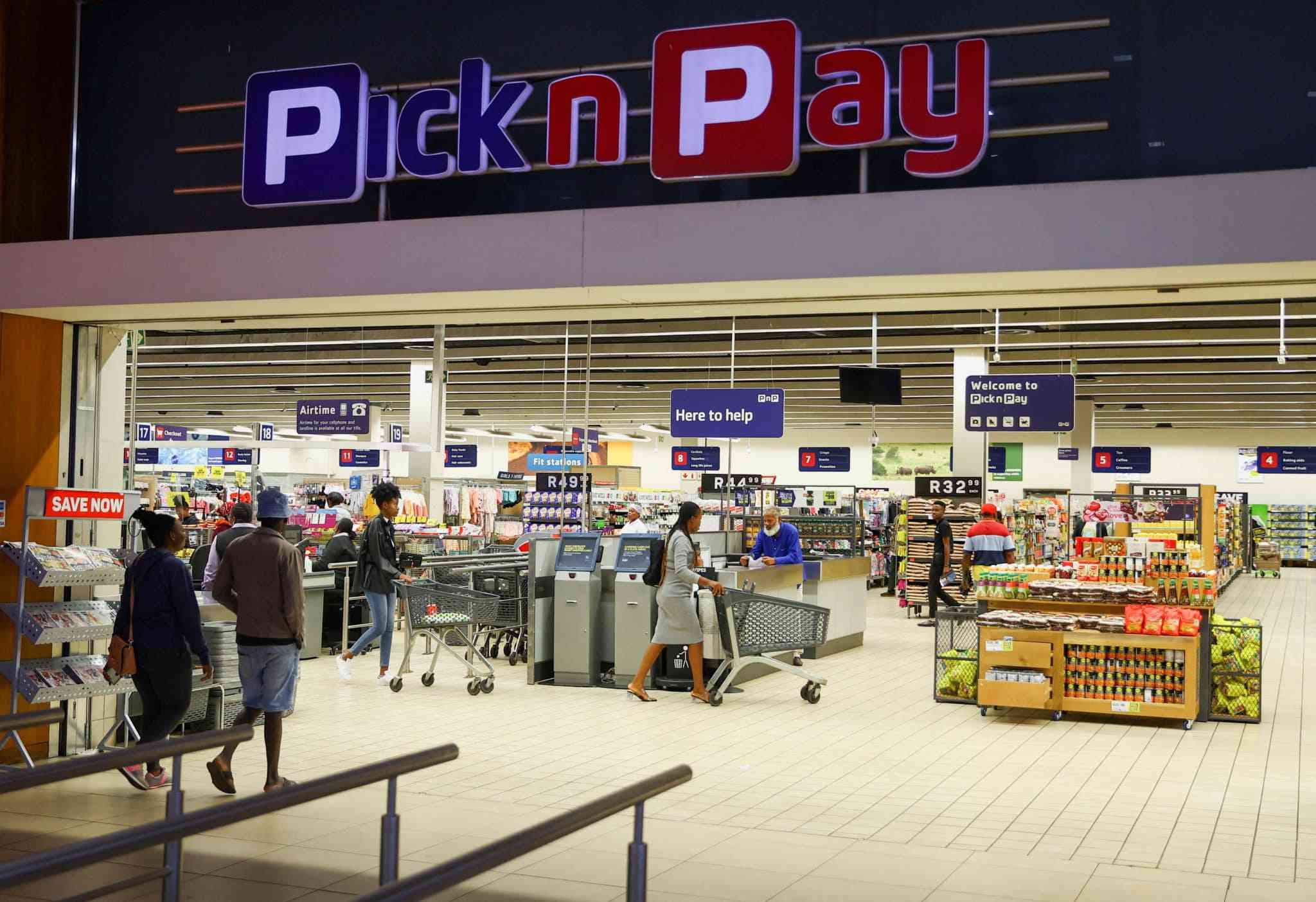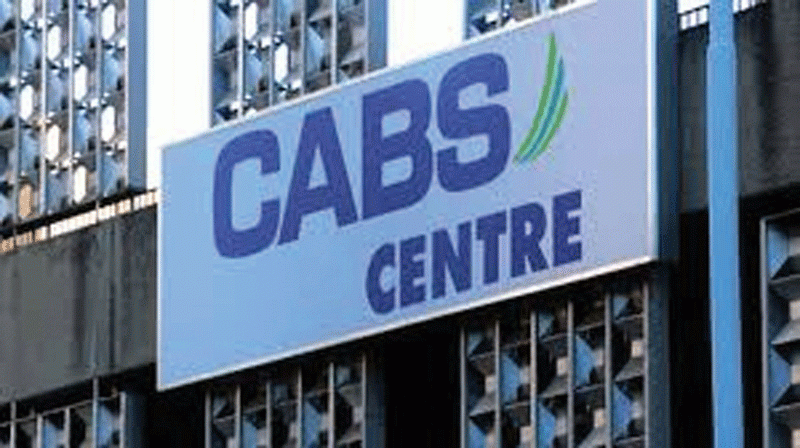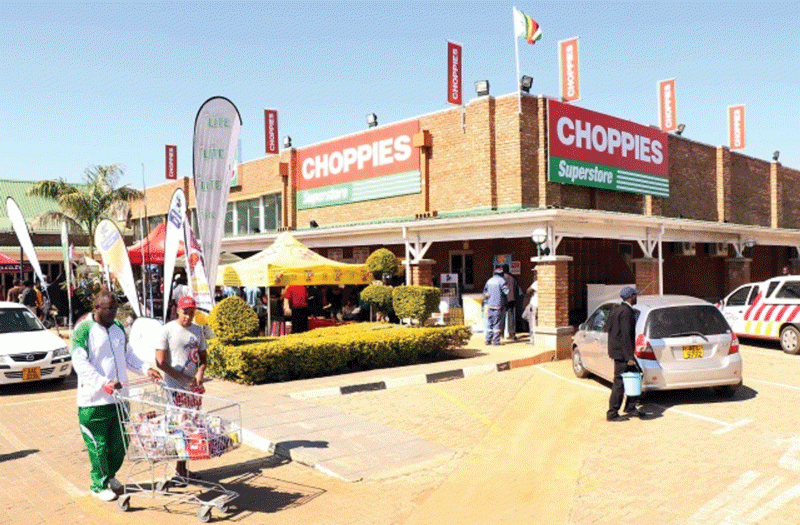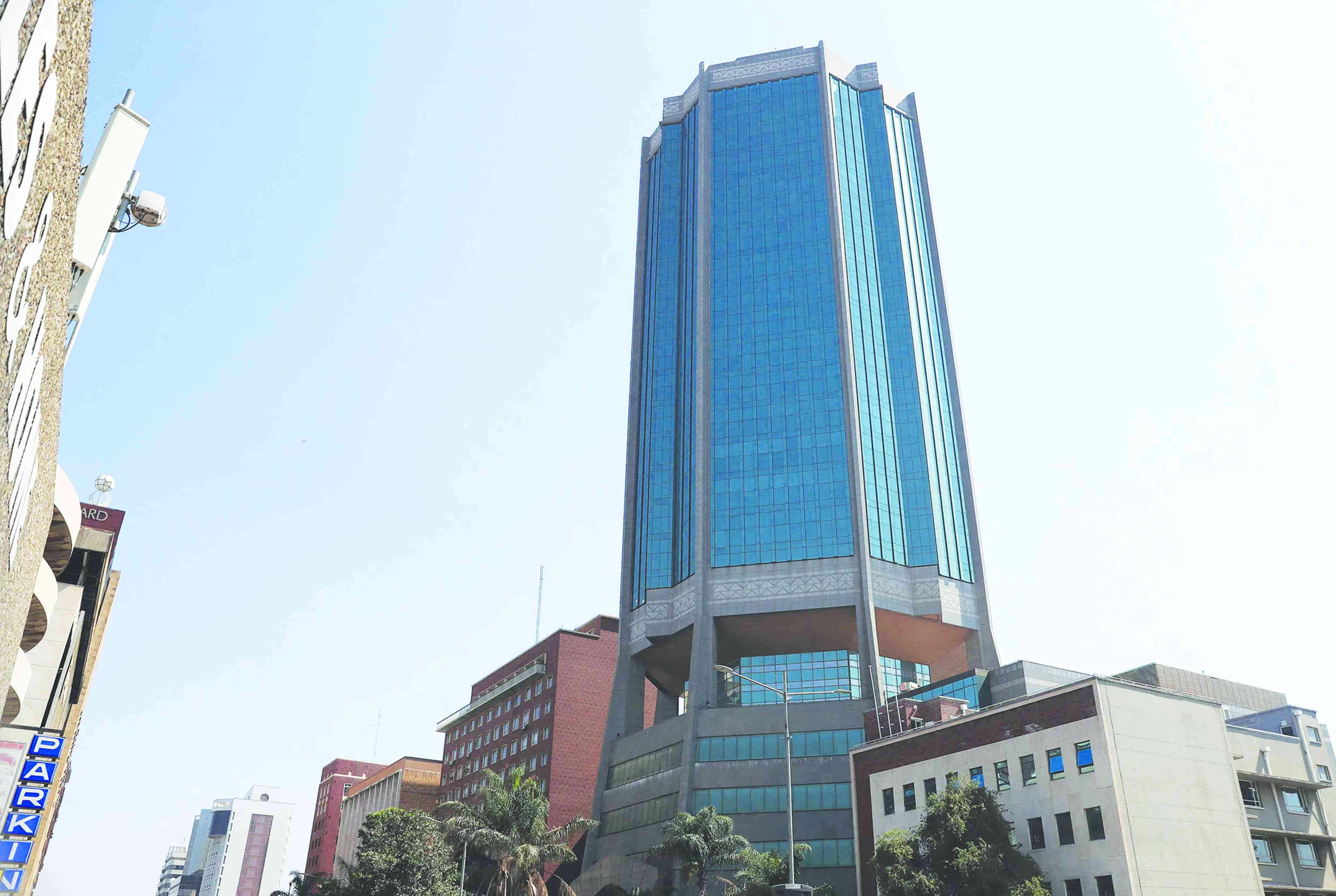
A string of Zimbabwe’s most recognised brands, including retail chains, could be on the verge of bankruptcy after being pushed to the brink by a protracted crisis, according to a report submitted to the government two weeks ago.
In a paper which shared retailers and wholesalers’ insights ahead of the 2025 National Budget, the Confederation of Zimbabwe Retailers (CZR), which usually shares carefully-worded documents with the government, warned authorities to tread carefully in a business climate marked by fragilities on many fronts.
Zimbabwe’s budget is usually presented at the end of November every year.
CZR cited the recent divesture of Unilever, and turbulence roiling clothing giant Truworths Limited – a former Zimbabwe Stock Exchange bellwether stock – as signs that the situation was dire.
The business lobby warned Finance Minister Mthuli Ncube to brace for more bankruptcies, unless he tightens up his belts and present a blueprint that responds to the demand of an economy in protracted crisis.
“Long established companies in Zimbabwe, such as Truworths and Unilever, have recently shut operations, with many more businesses on the verge of shutdown,” CZR president Denford Mutashu warned.
“As you are aware, our economy is experiencing rapid informalisation, leading to the closure of numerous formal businesses, with many more facing imminent shutdown. The formal retail sector is struggling to compete with the informal market, characterised by an uneven playing field. We are increasingly becoming a society of small-scale operators, or tuck shops, which primarily source 95% of their products from runners (informal cross-border traders) bringing goods from Musina (in South Africa). These informal entities evade taxation, statutory obligations, and labour laws,” Mutashu added.
The retail sector has not been spared by closures and wants Ncube to zero rate value-added tax on basic commodities, reduce import duty on high duty products, and remove import permits and licences for most products among other measures, in order to ameliorate the crisis.
- Industry reels under power cuts
- Business to engage ED over operating environment
- Underweight products flood local market
- Price hikes far from being over: Retailers
Keep Reading
CZR’s views were also shared by the banking sector.
In its pre-budget submission recently, the Bankers Association of Zimbabwe (BAZ) said the informal sector posed significant challenges for anti-money laundering and combating the financing of terrorism. This was because transactions within this sector were difficult to trace and monitor. Zimbabwe's cash-based economy, driven by informal transactions, limits the circulation of money within formal banking channels.
According to the Reserve Bank of Zimbabwe, approximately US$2,5 billion worth of cash circulates informally in the economy.
“Tax evasion is where informality often correlates with tax evasion, reducing government revenue and affecting public finances, which in turn impacts the broader economic environment in which banks operate,” BAZ said in its submissions.
“The large informal sector poses challenges for anti-money laundering and combating the financing of terrorism compliance, as informal transactions are hard to trace and monitor.”
BAZ recommended simplifying the registration process for informal entities to help them transition into formal enterprises.











